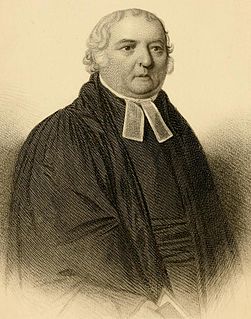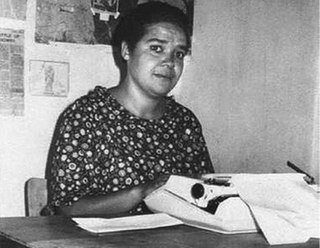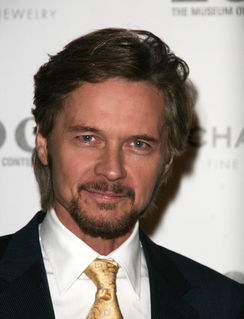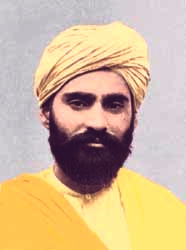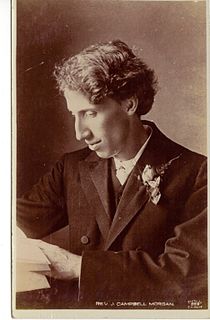A Quote by Evelyn Waugh
Civilization - and by this I do not mean talking cinemas and tinned food, nor even surgery and hygienic houses, but the whole moral and artistic organization of Europe - has not in itself the power of survival. It came into being through Christianity, and without it has no significance or power to command allegiance ... It is no longer possible, as it was in the time of Gibbon, to accept the benefits of civilization and at the same time deny the supernatural basis on which it rests ... Christianity ... is in greater need of combative strength than it has been for centuries.
Quote Topics
Accept
Allegiance
Artistic
Basis
Been
Being
Benefits
Came
Centuries
Christianity
Civilization
Combative
Command
Deny
Europe
Even
Food
Greater
Houses
Itself
Longer
Mean
Moral
Need
Nor
Organization
Possible
Power
Rests
Same
Same Time
Significance
Strength
Supernatural
Surgery
Survival
Talking
Than
Through
Time
Which
Whole
Without
Related Quotes
To be clear, civilization is not the same as society. Civilization is a specific, hierarchical organization based on 'power over.' Dismantling civilization, taking down that power structure, does not mean the end of all social order. It should ultimately mean more justice, more local control, more democracy, and more human rights, not less.
The philosophy of love and peace strangely overlooked who was in possession of the guns. There had been love and peace for some time on the continent of Africa because for all this time black men had been captivated by the doctrines of Christianity. It took them centuries to realize its contradictions. ... perhaps there was no greater crime as yet than all the lies Western civilization had told in the name of Jesus Christ.
If you want a symbol of Roman power and strength look no further than the Praetorian or Imperial Guard. We could take this one step further. It was this world of Roman power into which Christ came, in which the Apostles ministered, in which the New Testament authors wrote, and in which Christianity came into being. And to all of those things, Rome stood opposed, violently opposed.
While sitting on the bank of a river one day, I picked up a solid round stone from the water and broke it open. It was perfectly dry in spite of the fact that it had been immersed in water for centuries. The same is true of many people in the Western world. For centuries they have been surrounded by Christianity; they live immersed in the waters of its benefits. And yet it has not penetrated their hearts; they do not love it. The fault is not in Christianity, but in men's hearts, which have been hardened by materialism and intellectualism.
With an abstract idea it is possible to enter into a relation of formal knowledge, to become enthusiastic about it, and perhaps even to put it into practice; but it can never be followed in personal obedience. Christianity without the living Christ is inevitably Christianity without discipleship, and Christianity without discipleship is always Christianity without Christ.
There can be, therefore, no true education without moral culture, and no true moral culture without Christianity. The very power of the teacher in the school-room is either moral or it is a degrading force. But he can show the child no other moral basis for it than the Bible. Hence my argument is as perfect as clear. The teacher must be Christian. But the American Commonwealth has promised to have no religious character. Then it cannot be teacher.
Christendom never came from an unbroken grave. It would have been buried in that grave, as Judas thought it was going to be, and as the Jews thought it was going to be, except there had been a resurrection from the dead. Then you can explain Christendom, churches, and literatures, if Christ rose again; but otherwise they cannot be explained at all. Our whole civilization rests on the broken Cross of the Master, and it is incredible that a civilization like this, in a world advancing steadily for eighteen centuries, has been founded on a lie.
Muscles without strength, friendship without trust, opinion without risk, change without aesthetics, age without values, food without nourishment, power without fairness, facts without rigor, degrees without erudition, militarism without fortitude, progress without civilization, complication without depth, fluency without content; these are the sins to remember.
My point is, as civilization is progressing, Mosaic law came down from the mountain, was handed to civilization, it emerged through the Greek civilization as the Greeks were developing their Age of Reason. And we're talking about the foundation of Western Civilization, and almost concurrently with that, Roman law was emerging as well.
One... gets an impression that civilization is something which was imposed on a resisting majority by a minority which understood how to obtain possession of the means to power and coercion. It is, of course, natural to assume that these difficulties are not inherent in the nature of civilization itself but are determined by the imperfections of the cultural forms which have so far been developed.
Waiting for God means power to do nothing save under command. This is not lack of power to do anything. Waiting for God needs strength rather than weakness. It is power to do nothing. It is the strength that holds strength in check. It is the strength that prevents the blundering activity which is entirely false and will make true activity impossible when the definite command comes.
You have to know accounting. It's the language of practical business life. It was a very useful thing to deliver to civilization. I've heard it came to civilization through Venice which of course was once the great commercial power in the Mediterranean. However, double entry bookkeeping was a hell of an invention.
The aim of education is to guide young persons in the process
through which they shape themselves as human persons-armed with knowledge, strength of judgment, and moral virtues-while at the same time conveying to them the spiritual heritage of the nation and the civilization in which they are involved.


